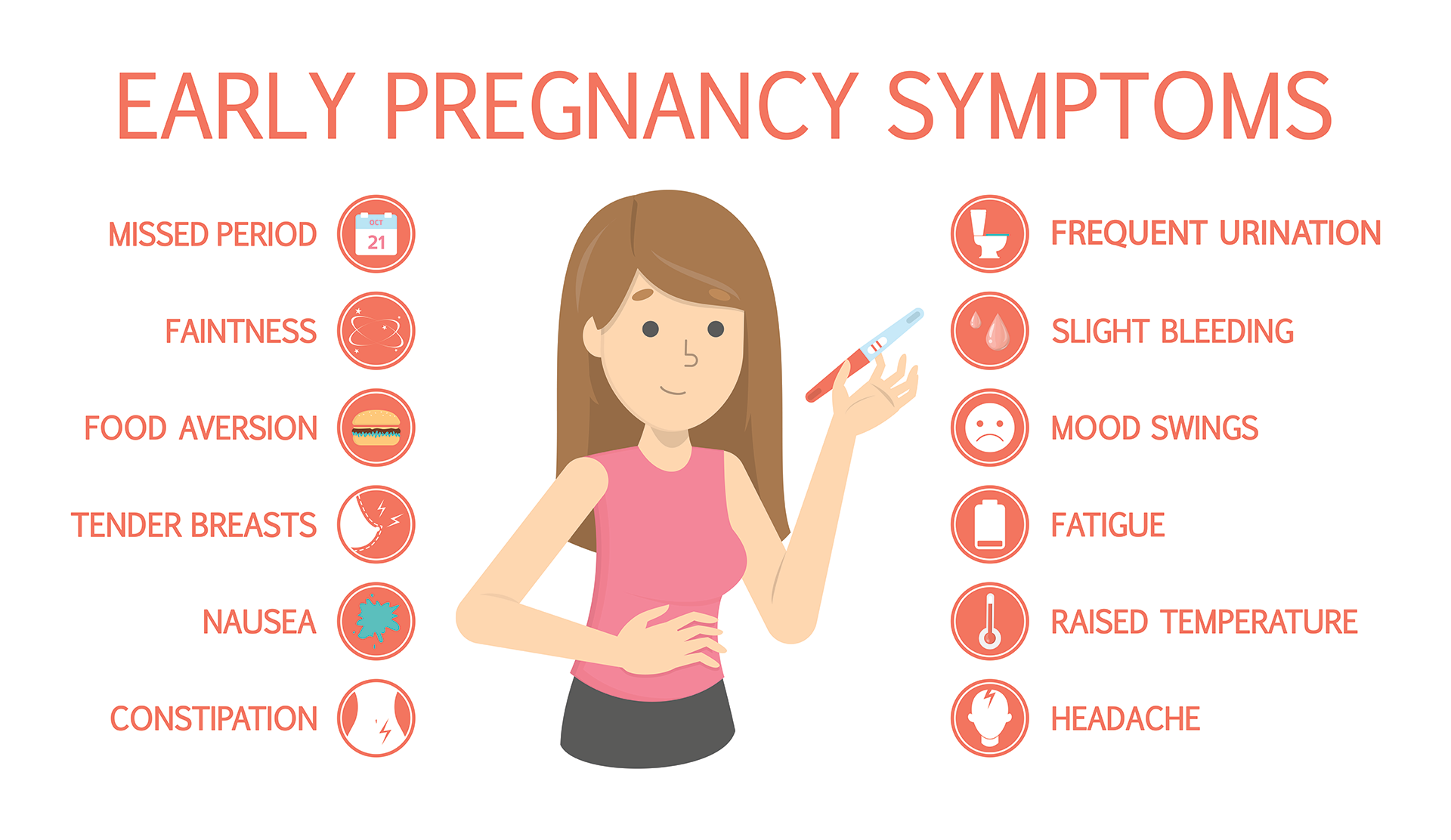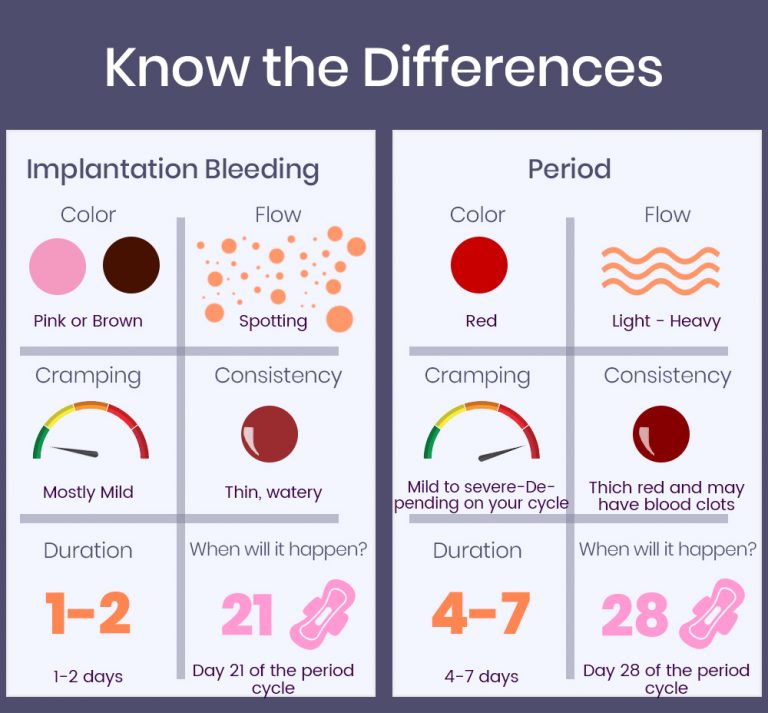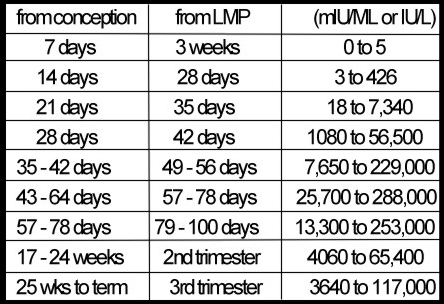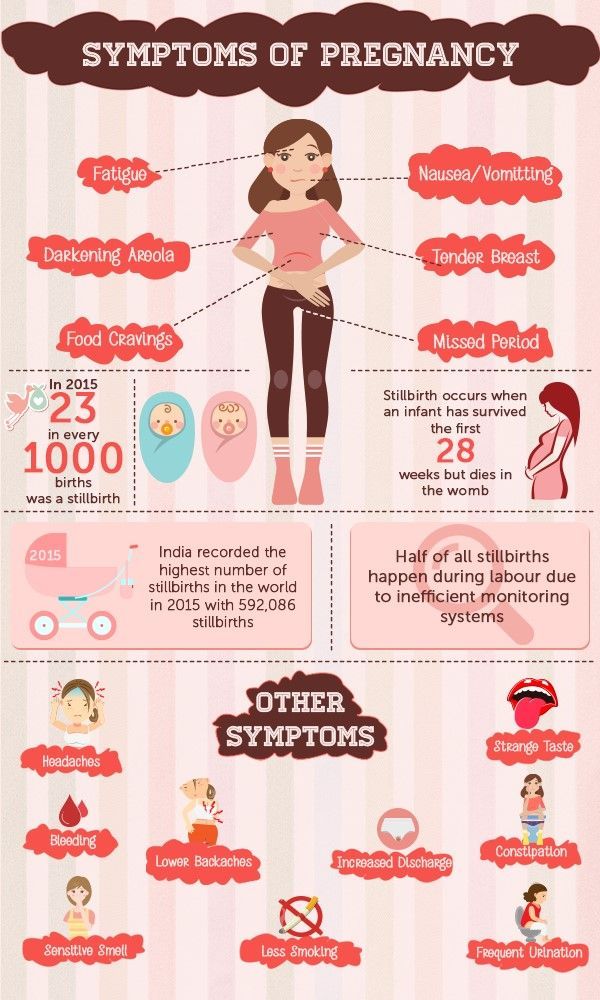

Blood gets pumped to the fetus to deliver nutrients, and all those hormones start soaring - all of which can tax a woman’s body. Chalk that up to hormones as well as the support system the body starts setting up right away to house, feed, and grow a baby, Taylor says. Feeling Beyond Tired, FatigueĪs early as a week after you conceive, you may find yourself getting extremely tired. If the urinary frequency is accompanied by pain or cloudy urine, though, it’s possible you have a urinary infection and should be checked, Taylor says. That’s because the hormone hCG increases blood flow to your pelvis, and the extra fluid volume can trigger the need to urinate more. But it’s also a common symptom in the first few weeks, Dr. Round the Clock Peeing, Increased Urinationīolting for the bathroom at every turn is something many women assume happens only in later pregnancy, when the uterus is big enough to press on their bladder. Experts at the Cleveland Clinic note that this implantation bleeding might look like a brownish discharge or it may contain small drops of redder blood. This spotting may last a few days or can continue for several weeks, or even through the first trimester. A quarter of pregnant women experience this spotting, researchers published in the American Family Physician.Īccording to the National Institutes of Health (NIH), spotting generally starts about 6 to 12 days after you conceive. You may think that if you’re slightly bleeding or spotting it’s a sign your period is on its way, but this can actually indicate a fertilized egg implanting into your uterus or other normal effects of early pregnancy. A Small Amount of Bleeding, Which Could Be Implantation Bleeding Here are 10 of the most common early pregnancy signs you should look for: 1. Still, symptoms are the way many women know they are pregnant. And many of the symptoms attributed to early pregnancy can also be caused by other situations and conditions.

Some experience many signs, others just one or two-or even none. It’s important to note that symptoms are different for every woman. While waiting for pregnancy test results, many women look to their symptoms to help determine if they have conceived. If it’s still negative and you haven’t yet gotten your period, test again a few days later. If you get a negative test, repeat it the following morning the first time you use the bathroom, when the hCG is most concentrated, Dr. Of course, women who have irregular periods can find it harder to know when to test. (Remember that pregnancies are dated from the first day of your last menstrual period, which means that a woman with a regular monthly cycle might already be four weeks pregnant at this time.) This test uses urine to measure hCG and is generally accurate as early as two days before your expected period, says Hugh Taylor, MD, chair of obstetrics, gynecology and reproductive Sciences at Yale School of Medicine and its medical practice, Yale Medicine. Of course, the most accurate way to know that you are pregnant is to take a home pregnancy test.

These hormones include estrogen, progesterone, and human chorionic gonadotrophin ( hCG), which multiplies rapidly at the start of a pregnancy. This is primarily due to the shifts in key hormones that start at the beginning of a pregnancy, says Sherry Ross, MD, a gynecologist and author of the books She-ology and She-ology, the she-quel. But the changes it wreaks on a woman’s body right from the start are enormous.

As Hormones Shift, Pregnancy Symptoms StartĪn embryo is the tiniest thing-not even half an inch long in the first two months of pregnancy. Catching these very early signs of pregnancy may give you time to consider all your family planning options. Even before you miss a period, your body gives off signals that a pregnancy might be in the works.


 0 kommentar(er)
0 kommentar(er)
